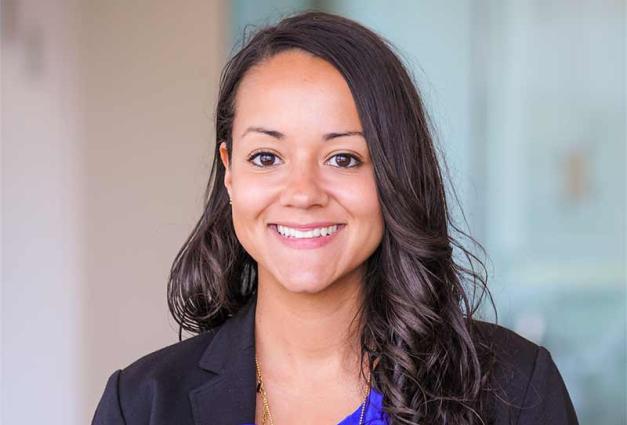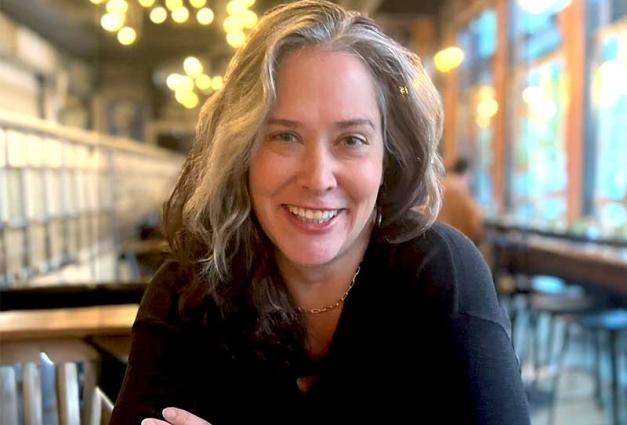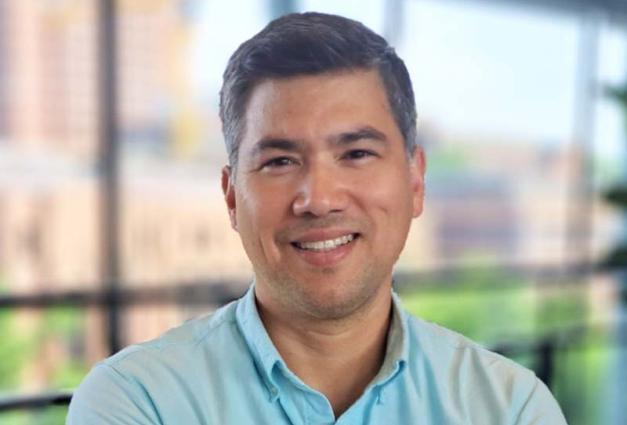Laura Van Berkel is a Behavioral Economist at the U.S. Agency for International Development (USAID). She advises and supports the agency on the use of behavioral science and experimental methods in USAID programming. She earned her PhD in social psychology from the University of Kansas and BA in psychology from Saint Louis University. Dr. Van Berkel's previous experience also includes the University of Cologne, the National Science Foundation, and Democracy International, Inc.
What do you appreciate about SPSP?
I appreciate that SPSP has been responsive to the growing demand for information about nonacademic career paths, including professional development panels with professionals in for-profit, nonprofit, and government sectors at the annual convention. These panels helped me explore potential career paths while I was a graduate student and have only improved over time!
Do you have any advice for individuals who wish to pursue a similar career path in social psychology?
Apply for the APA Executive Branch Science Fellowship or the AAAS Science and Technology Policy Fellowship! Both are fantastic opportunities to explore careers applying psychological science to federal policy while gaining access to professional development opportunities and a supportive network of fellow scientists turned policy wonks. There are a growing number of state-level science-policy fellowships in the U.S. as well (e.g., California, Missouri, New Jersey, etc.).
Beyond fellowships, it is very important to make connections and network. It is advice nobody wants to hear, but networks really are so important for finding new opportunities and exploring your career options. Reach out to people with your "dream job" for informational interviews—you may be surprised at how many people are willing to share their experiences and advice!
How has your identity affected your career?
Gender and politics are inextricably linked for me. Some of my earliest political memories are of the Clinton impeachment trial and (often hostile) media coverage of Hillary Clinton as a First Lady and political figure. At the same time, my mom highly valued and prioritized civic engagement growing up. I went to the polls with her every Election Day and she even allowed me to punch her choices for her (pre-"hanging chad" days). She instilled in me a great sense of political agency that contrasted with the backlash, (threats of) violence, gender stereotypes, and other barriers women face to full and equal political participation and representation. I am passionate about increasing women's political power and that has become an important part of my career goals—first through my research in academia and now in my current work in international development.
What are you most proud of in your career?
I'm most proud of the small part I've played to advance women's rights. This has included leading the creation of a global survey on women's political participation and leadership (including perceived norms, gender roles, and behaviors) to inform future programming and supporting local organizations in their work to prevent and respond to gender-based violence using insights from behavioral science.
What career path would you have chosen if you had decided not to pursue psychology?
I think I'm actually living my "alternative" career path in international development. I didn't have this career path in mind when I pursued psychology as an undergraduate or graduate student and really lucked into being in the right place at the right time to find a career path that is actually ideal for my interests. If I never pursued psychology at all to be on my current winding path, I might have stuck with my early interests in photojournalism or marketing.
Outside of psychology, how do you like to spend your free time?
I enjoy spending time with my son and husband, traveling, practicing embroidery, and exploring the many museums, parks, and restaurants around Washington, DC.




